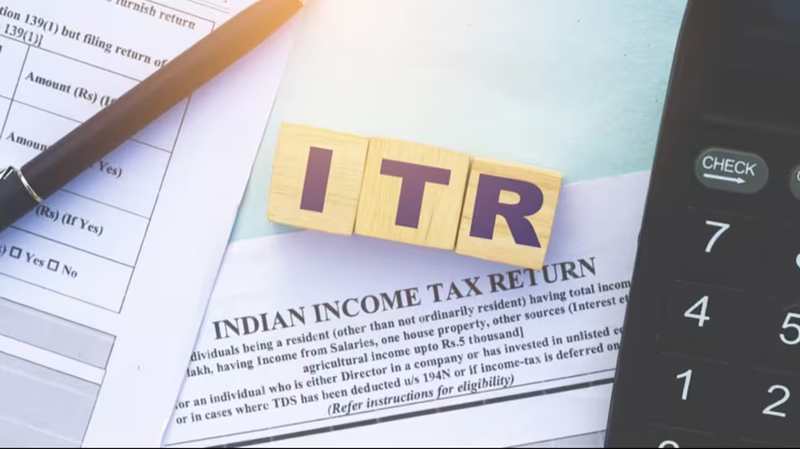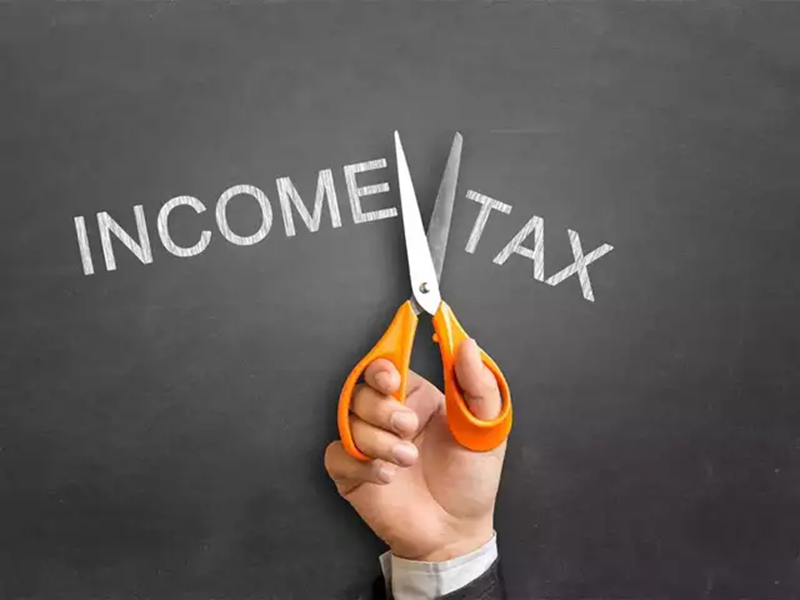
The season for filing Income Tax returns for the financial year 2024 is going on, the last date for which has been fixed as 31 July 2024. Meanwhile, there have been many changes in the tax-related rules, which a taxpayer should know. If you are also going to file ITR, then it is important to know about the changed tax rules, otherwise your tax refund may be stopped.
According to Business Today, Vikas Dahiya, Director of All India ITR, says that ignoring the changes in the rules (ITR filing tips) can affect your income tax refund. He also told about many important changes, which can affect your ITR.
Changes in tax slabs and rates
In 2024, the government introduced new tax slabs under the Optional New Tax Regime, which offer lower tax rates without any exemptions and deductions (IT Slab update). If you choose the old tax regime, you can claim various deductions and exemptions in it. The New Tax Regime simplifies the process but eliminates most deductions. You can decide which one is more beneficial for you according to the calculation.
The standard deduction for pensioners
A standard deduction of Rs 50,000 has been introduced for pensioners. This applies to pension income, which is similar to the relief available to salaried individuals. Pensioners should ensure that this deduction is claimed to reduce their taxable income (ITR new Regime).
Changes in Section 80C and 80D limits
By investing in PPF, NSC, and life insurance premiums, one can get up to Rs 1.5 lakh deduction under Section 80C. However, steps have been taken to promote digital payments and savings in the health sector, which is applicable in the increased limit under Section 80D for medical insurance. Taxpayers can now claim higher tax deductions for premiums paid for health insurance for their family and senior citizen parents.
Higher exemption on home loan interest
For first-time homebuyers, the deduction for interest on home loans taken under Section 80EEA has been increased by an additional Rs 1.5 lakh. This is aimed at providing adequate relief to taxpayers with new home loans.
Updated TDS and TCS
The scope of Tax Deduction at Source (TDS) and Tax Collection at Source (TDS) has been expanded. The new changes include new TDS rates for non-salaried individuals and self-employed businesses and additional TDS Deduction compliance requirements for e-commerce transactions. Taxpayers should review their TDS certificates and ensure that appropriate credits are claimed in their ITR.

Faceless Assessment and Appeal
The government has expanded the faceless assessment and appeal mechanism to reduce the human interface and improve transparency. Taxpayers should be familiar with the process and ensure that all notice responses are filed online within the stipulated time frame.
Form Changes
The ITR form has been amended to include additional disclosures. In particular, the rules have been changed to make disclosures regarding foreign assets and income, and large transactions (ITR form). Taxpayers with foreign investments or significant financial activities need to provide detailed information to avoid penalties.
Relief for senior citizens
Senior citizens aged 75 years and above, who have only pension and interest income, are exempted from filing ITR (ITR File deadline). Provided the bank deducts the required tax. This reduces the compliance burden for senior citizens with direct income sources.
PC Social media










